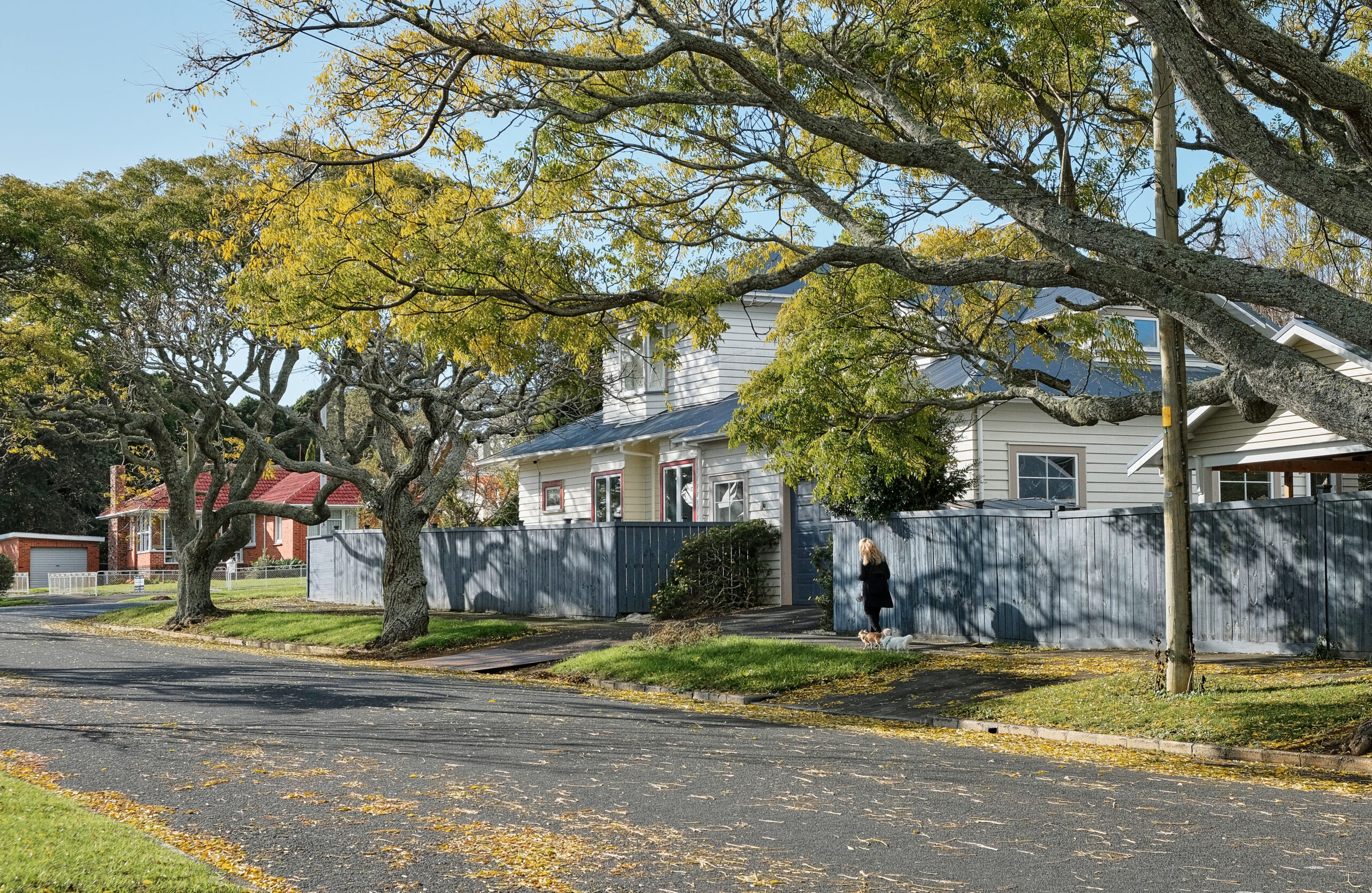On 26 October 2020, Stuff.co.nz published an article (link below) concerning first home buyer, Bailey Ross. Ross had signed a contract to purchase a house, but according to the article, “was left heartbroken when the developer of the house she’d bought in Tawa for $515,000 in May 2019 cancelled the sale with the sunset clause and relisted the properties (bought by Ross and a number of others) for $90,000 more than what she’d paid.”
We asked Luke Havler of ARL Lawyers to comment on sunset clauses, and explain why they’re important for purchasers.
Our conversation was as follows:
“Hi Luke, can we start by asking – what exactly, is a sunset clause?”Sure. When purchasing a property “off-the-plans”, you are buying a home that hasn’t been fully constructed. Since construction can take several years, or come to halt if issues arise with the Development, purchasers may want an “out”. This is where a sunset clause is useful. A well-drafted sunset clause should allow purchasers to cancel their Agreement (and have their deposit refunded), if settlement of the transaction does not occur by a certain date.
“Would you say they are essential?”For sure – they are one of the core provisions which we would expect purchasers to consider and discuss with their lawyers.
“I see. So if Ross had a sunset clause, then what went wrong?”
While we cannot comment on Ross’s personal circumstances (as we are not privy to them and have not viewed her contract), we should point out that sunset clauses do not always favour purchasers. Sometimes, sunset clauses allow only vendors (rather than only purchasers, or both vendors and purchasers) to cancel the contract if the settlement does not occur by a certain date. It’s therefore crucial that purchasers ask their lawyers to look over the contract before they sign it. If they fail to do so, then they take several risks. For example, if there is no sunset clause at all, then they risk being locked into the contract even if construction is significantly delayed. Secondly, if a sunset clause is drafted incorrectly, then they could risk losing their deposit, and/or entering into a dispute with the vendor as to whether they were entitled to cancel the Agreement. And thirdly, if the sunset clause is worded in the vendor’s favour, then the purchaser risks signing the contract and paying their deposit, only to discover the vendor subsequently cancels the contract on them months, or even years, later.
“Is there a way to stop or discourage vendors from using a sunset clause to cancel the contract?”Negotiation is key. If the contract has been signed by both parties and is no longer conditional, it may be very difficult (or impossible) to stop a vendor from invoking a sunset clause to cancel the contract. Generally speaking, any variations to a signed contract require the consent of both parties. However, if purchasers instruct their lawyers to negotiate amendments to the contract on their behalf before signing it, then it may be possible to insert or amend a sunset clause in order to protect the purchaser’s position. Being successful in negotiations depends on several factors, including how quickly the houses/units are selling, what price the purchaser is offering, the extent to which any requested amendments are reasonable, and the willingness of all parties to compromise. Much depends on the integrity of the developer. It always pays to do as much due diligence on the developer as possible.
First home buyer burned by sunset clause finally secures dream home in Lower Hutt
ARL Lawyers can be contacted on the main office line (04 576 1652), by a direct dial, or by email. Luke Havler can be contacted at luke.havler@arl-lawyers.co.nz
Disclaimer: The content of this article is general in nature and not intended as a substitute for specific professional advice on any matter and should not be relied upon for that purpose. While we make every effort to ensure the accuracy of the information contained in this article, this is a rapidly changing environment and the information will be subject to change.


